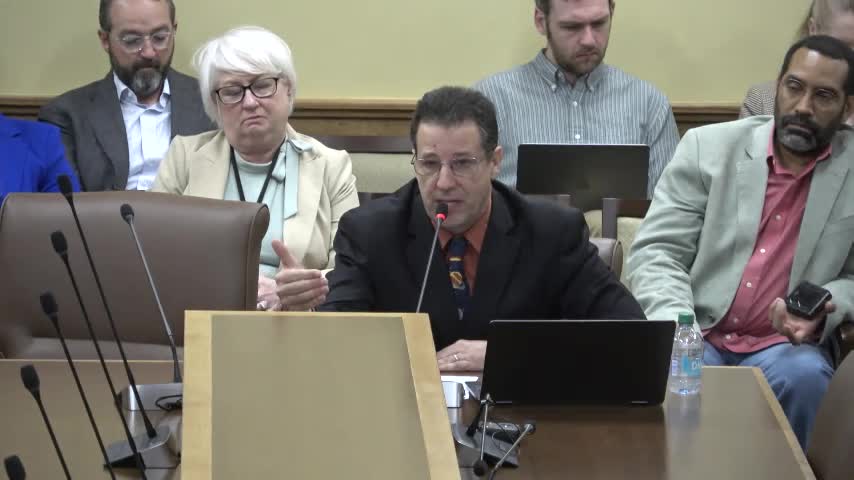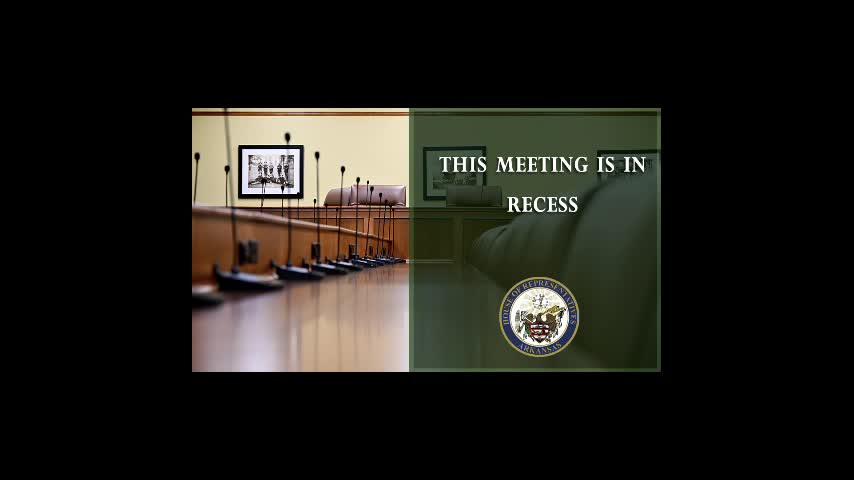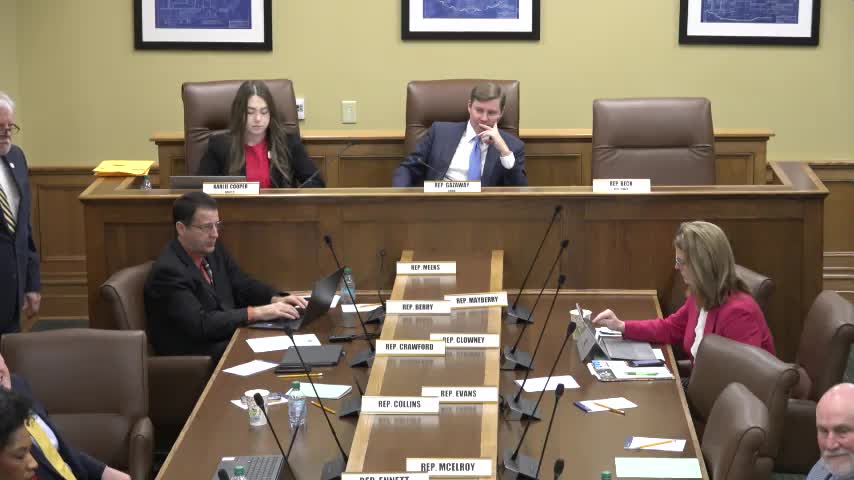Article not found
This article is no longer available. But don't worry—we've gathered other articles that discuss the same topic.

Committee approves ballot‑draw standardization bill after debate over local practice and training

Arkansas committee hears hours of testimony on bill to keep standard time year‑round; proposal fails in committee

